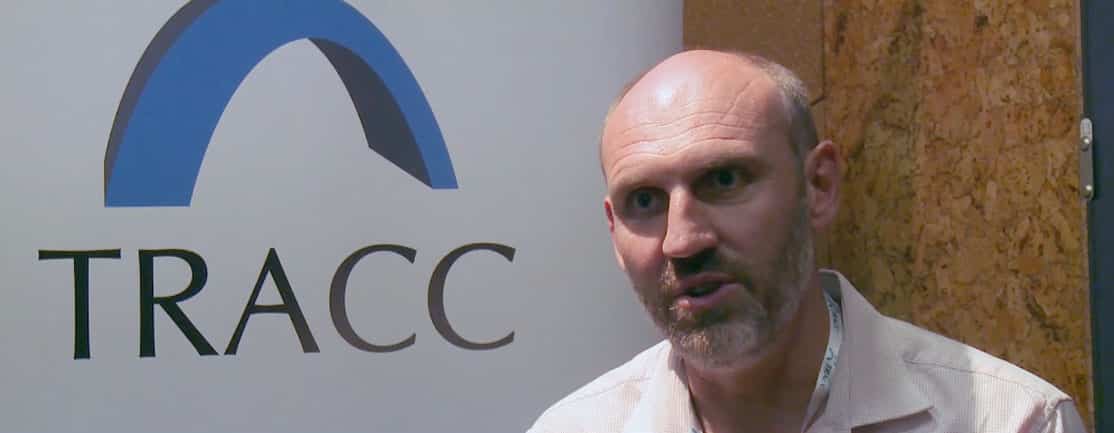
Distell Group is Africa’s leading producer and marketer of wines, spirits, ciders, fine wines and other ready-to-drink (RTD) beverages sold throughout the world. They have recently seen a dramatic improvement in their performance, as well as $174 million saving over five years! Cecil Everson, Head of Manufacturing – Africa, presented Distell’s ‘End-to-end supply chain improvement journey’ at the TRACC & POMS Conference in Cape Town, South Africa in April 2019. We caught up with him after the event and asked him a few questions.
Why did you embark on the CI journey? What were some of the biggest challenges/pain points that your organization was experiencing?
Distell’s supply chain performance and improvement levels weren’t strong enough to meet its 2020 strategic ambitions due to strong market competition, declining cider growth, and a historically fragmented and cumbersome manufacturing and supply network.
More specifically, our customer service performance was lagging behind that of our peers, and our supply chain costs were hampering our ability to complete. A limited product recall has reminded us our product quality is non-negotiable.
What were the key factors that influenced your selection of a CI journey partner?
We went through a rigorous process and looked at quite a few options that were out there. What was important for us was a holistic, end-to-end philosophy or framework (which CCi had), from procurement to logistics, planning and the make or manufacturing side of it.
What was also important for us was that we already had some continuous improvement methodologies in the business, and we wanted to build on that. So we didn’t want to start from scratch. We needed a methodology and a program that could move us forward and not take us backward where we’d have to start again. And I think that is what CCi gave us. Lastly, we needed a proven methodology that is already out there, that people have used and that’s got a governance framework around it.
We concluded that CCi’s TRACC Integrative Improvement methodology best aligned to our objectives, and this led us to invest in the TRACC Operations and Planning practices.
TRACC’s underlying philosophy is that organizations should focus on improving their practices to drive sustainable long-term performance and achieve world-class status. This aligns closely with the philosophy underpinning Distell’s E² initiative.
Where have you seen the greatest impact and ROI from CI so far?
In the beginning stages, the Focused Improvement best practice gave us a short-term improvement ROI. But in the longer term, and we certainly saw that after two years and three years, it was Leading and Managing Change – which is really about engaging your people – and Teamwork. Between those two, I think TRACC has really made a difference from a practices perspective.
But if you pull back a bit, what you’re seeing is the ‘integrativeness’ of the methodology because the best practices ‘speak’ to each other. That gave us a lot of return because if you make changes in demand or supply planning, you reflect that in the factories and how that works. And at a higher level looking at it, we make sure that these practices all ‘speak’ to each other.
What advice would you give to companies just starting out on the CI journey?
Ensure that you have buy-in and full support from your executive board. It is essential that the board effectively articulate the reason for the change, and the ‘how’ is the CI journey. Take a multi-functional approach across the entire supply chain. Be prepared to make bold decisions and challenge the way things have always been done. Build internal capacity to ensure continuous improvement, otherwise the changes are not sustainable. Lastly, don’t underestimate the power of teams; you can achieve so much more if you win as a team.
For more insight into Distell’s CI journey, read the case study Driving transformation from the top: Distell’s journey to a world-class supply chain.
